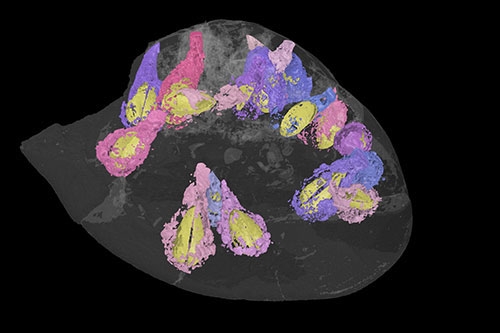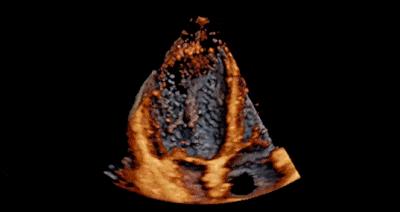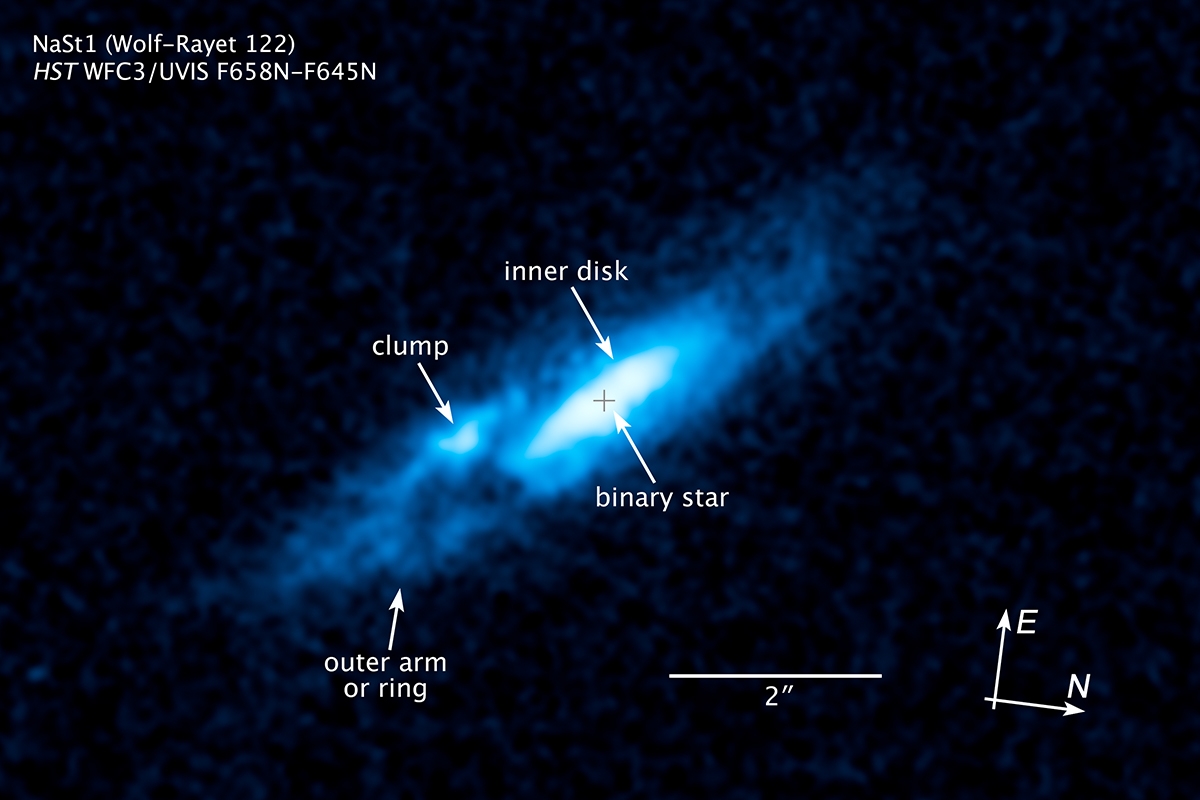Motherboard
-

Could Known Lifeforms Survive in Mars’s Newly Discovered Flowing Water?
If life can survive in the prehistoric waters of a frozen Antarctic lake, perhaps it can survive on moons like Europa or Enceladus or some other extreme environment in the […]
-

Why Do Women Perform Worse on Science Questions Than Men?
On average, women perform less well than men on science questions. That’s one finding from a new Pew Research report that aimed to test the American general public’s knowledge of […]
-

Fossil Inception: Researchers CT-Scanned a Fossil and Found More Fossils Inside
When an international team of researchers CT-scanned a 100-million-year-old sea urchin fossil (Clypeaster), they made a surprising discovery. It was choc-a-block with around 50 fossilised bivalves (a class of molluscs).
-

Hackers Identify Weak Link in Thousands of Industrial Control Systems
When we think about cyberattacks against infrastructure, thanks to hyperbolic and unrealistic Hollywood flicks, we think of exploding nuclear plants or blacked out cities. But in reality, hackers could cause much […]
-

This Is What Your Heart Looks Like in High Definition and Real-Time
New technology is giving physicians a lifelike view into the human heart, allowing them to see intricate structures like chambers, valves, and vessels in 3D images strung together to show […]
-

This AI Learned How to Design Mario Levels by Watching YouTube
How about a computer that can teach itself to design Super Mario Bros. levels by watching other people play the game on YouTube and Twitch? That’s sufficiently mind-blowing, and exactly […]
-

How Misperceptions About Math Contribute to the Science Gender Gap
Why are women so underrepresented in science, technology, engineering and maths, the so-called “STEM” subjects? It’s an enduring question that doesn’t have an easy answer, and is likely influenced by […]
-

A Star Named ‘Nasty’
The star known as “Nasty” is an enduring mystery. A resident of our own Milky Way, the aging star is much more massive than our own Sun and operates in […]

